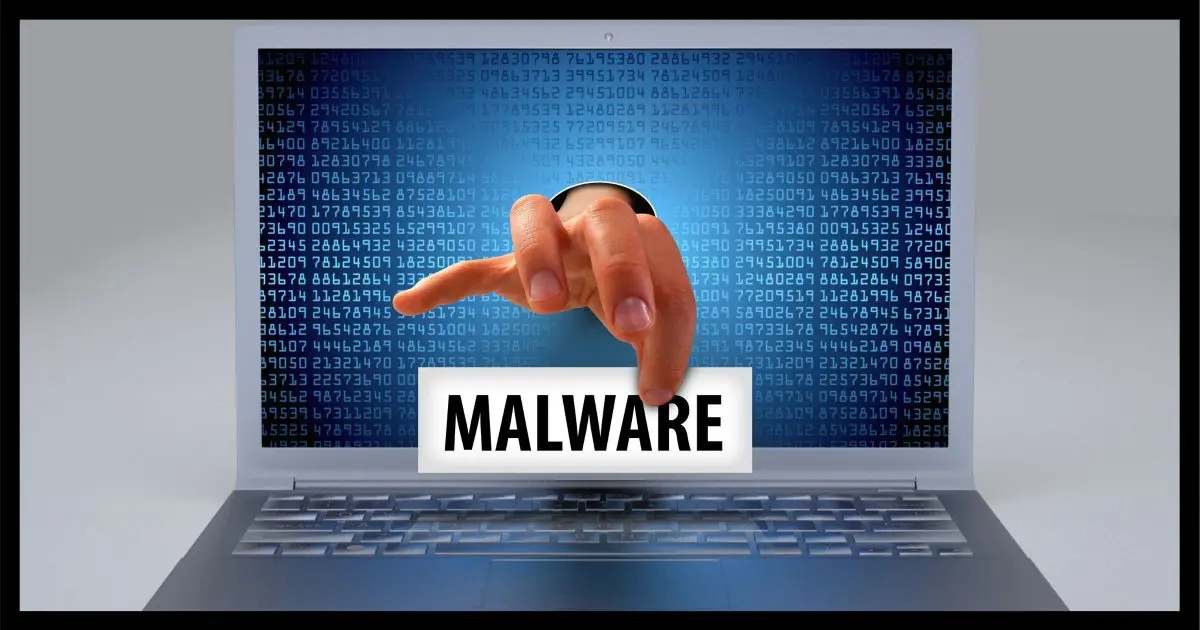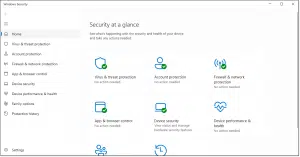It’s a race, and we’re always behind.

Most people believe they’re completely protected because they have an anti-malware program or additional security software.
Unfortunately, that’s just not true.
The answer is partly the nature of anti-malware software and partly the nature of “the race”.
Become a Patron of Ask Leo! and go ad-free!

You can still get infected
Malware creators are always one step ahead of the tools designed to stop them. Once malware is discovered, it takes time for anti-malware tools to be updated. There really is no “best” anti-malware package. Who is “in the lead” changes often, and any tool can miss something. Of course, no tool can protect you from yourself. Use up-to-date security software, follow best safety practices, and back up regularly.
The race
I use that term — “the race” — on purpose. Combating viruses is a four-way race.
- In the lead are malware writers looking for vulnerabilities and writing malware to exploit them.
- Coming in second are the security software vendors, as they look for ways to detect and eradicate new malware as it appears.
- Next are the application and system software vendors, who are looking to plug the security holes.
- Lastly are folks like you and me, keeping our systems up to date with the latest updates to both our security software and the software that might have vulnerabilities.
As you can see, virus writers are always in the lead. You and me? We’re dead last. Hopefully close to the pack, but even so, last.
As a result, the first answer boils down to simple bad luck. It’s possible to be doing security as well as you can and still get infected, if:
- Your anti-malware software has not yet been updated to detect a new threat.
- Your system or application software has not yet been patched to fix whatever vulnerability the virus exploits.
All security software is the same but different
There is no “best” anti-virus or security software. Almost all the name brands are good, but there isn’t one that detects absolutely, positively everything.
In other words, no matter what security software you run, it may miss something. Different packages may miss different things, but there’s no single package you can count on to catch absolutely everything. So it’s possible to get infected even though your anti-malware tools are completely up to date.
The harsh reality
All malware is not created equal, which is why there are so many terms to describe the variations. Some exist merely to propagate. Others exist to do damage. Some exist to silently send spam. Still others start to blur the line between virus and spyware as they install monitoring or additional vulnerabilities on your system. Some travel by email. Others travel by downloaded applications. Others can travel from unprotected1 computer to unprotected computer directly through the internet.
No anti-malware tool can protect you from yourself. For example, if you open an email attachment that you don’t recognize and run it, you may install a virus before your security software has a chance to act. When downloading a file, if you choose to ignore a warning that your security software or firewall displays, you’re telling the software that you know better than it does what is or is not safe.
Do this
Why is it like this? It’s hard to say. Ask 10 people and you’ll get 10 different answers: hackers with too much free time, operating systems that aren’t robust enough, success in the marketplace that makes for a bigger target, and more. Of late, there’s more money to be made by infecting large numbers of machines with spam-sending bot software or malware that steals your login credentials to your bank or other important sites.
It shouldn’t be like this, but for whatever reason, it is like this and will be for the foreseeable future.
That’s why you and I must take responsibility for keeping our computers — and ourselves — safe on the internet.
Subscribe to Confident Computing! Less frustration and more confidence, solutions, answers, and tips in your inbox every week.



A longtime reader, Ernie (Oldster), came up with the term Cognitive Security. That’s a great term to describe the most important link in computer safety. You are your most important tool in the fight against malware. Think before running or downloading anything.
Thank you Mark for your compliment. I agree that ‘Cognitive Security’ is a good, descriptive term for what the user’s mindset should be, and that’s very skeptical.
If you receive an email message you’re not expecting, and the purported sender is known to you, carefully read the sender’s email address to make sure it actually comes from your friend/associate. If you have any doubts, contact the sender to make sure it comes from him/her, before opening it.
When I receive an email message from an unknown source (a sender I don’t know), I delete it – period.
Regarding hyperlinks on webpages or in email messages, always compare the URL with the contents of the label. If they don’t correlate well together/make sense with each other, don’t click (one easy way to check a URL is to go to the Virus Total URL-checking website (https://www.virustotal.com/gui/home/upload) where you can paste a URL to see if it gets reported as potentially dangerous. I use this site regularly.
One more thought about hyperlinks, if you cannot understand/comprehend the URL (it looks more like a string of gobbledygook characters, or some sort of encrypted text), don’t click it. The web address is being obfuscated for a reason, probably one you don’t want to learn about if you can avoid it.
My2Cents,
Ernie
When you said ” contact the sender” I’m sure you meant “contact the purported sender”. If you contact the sender, they will tell you they’re legit.
Agreed. Sorry for the typo,
Ernie